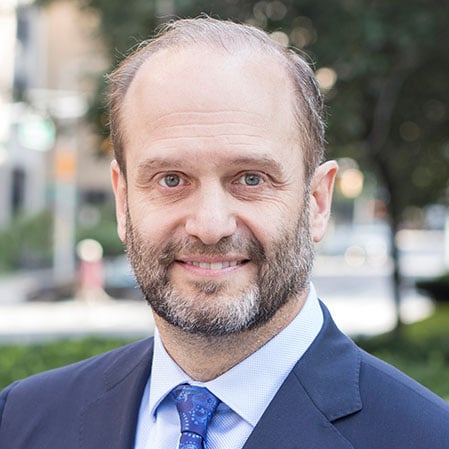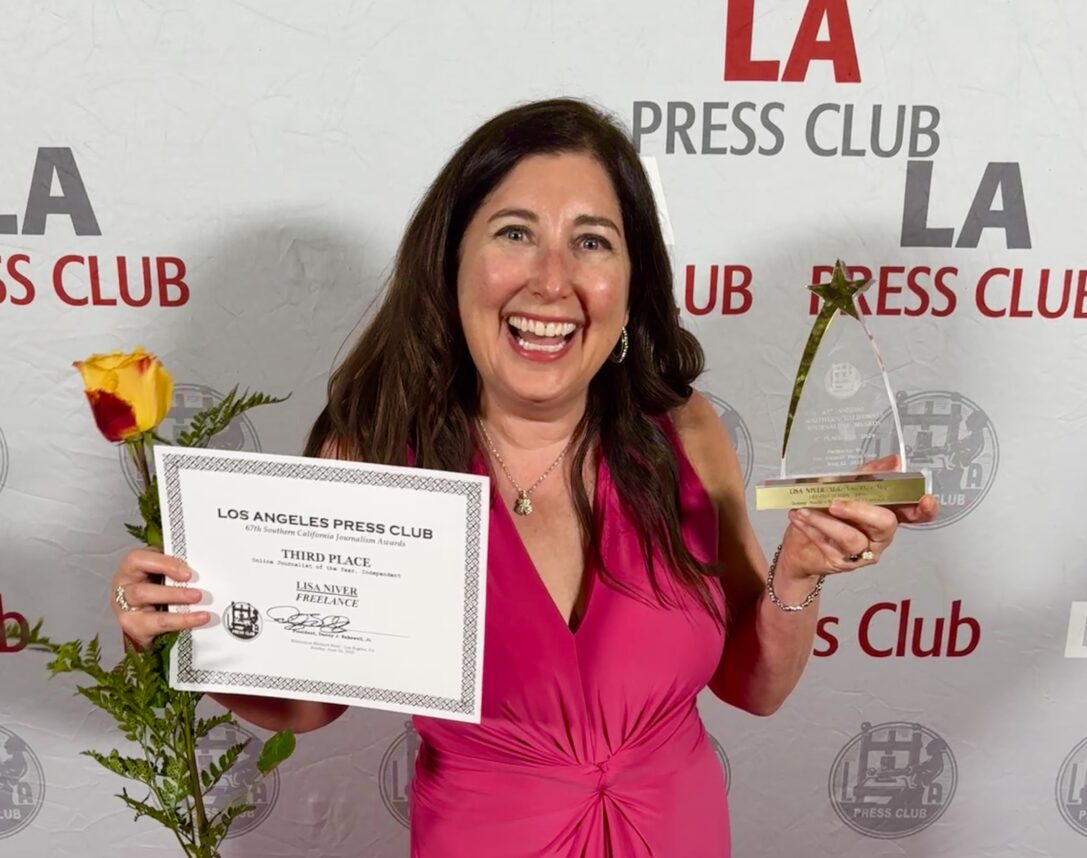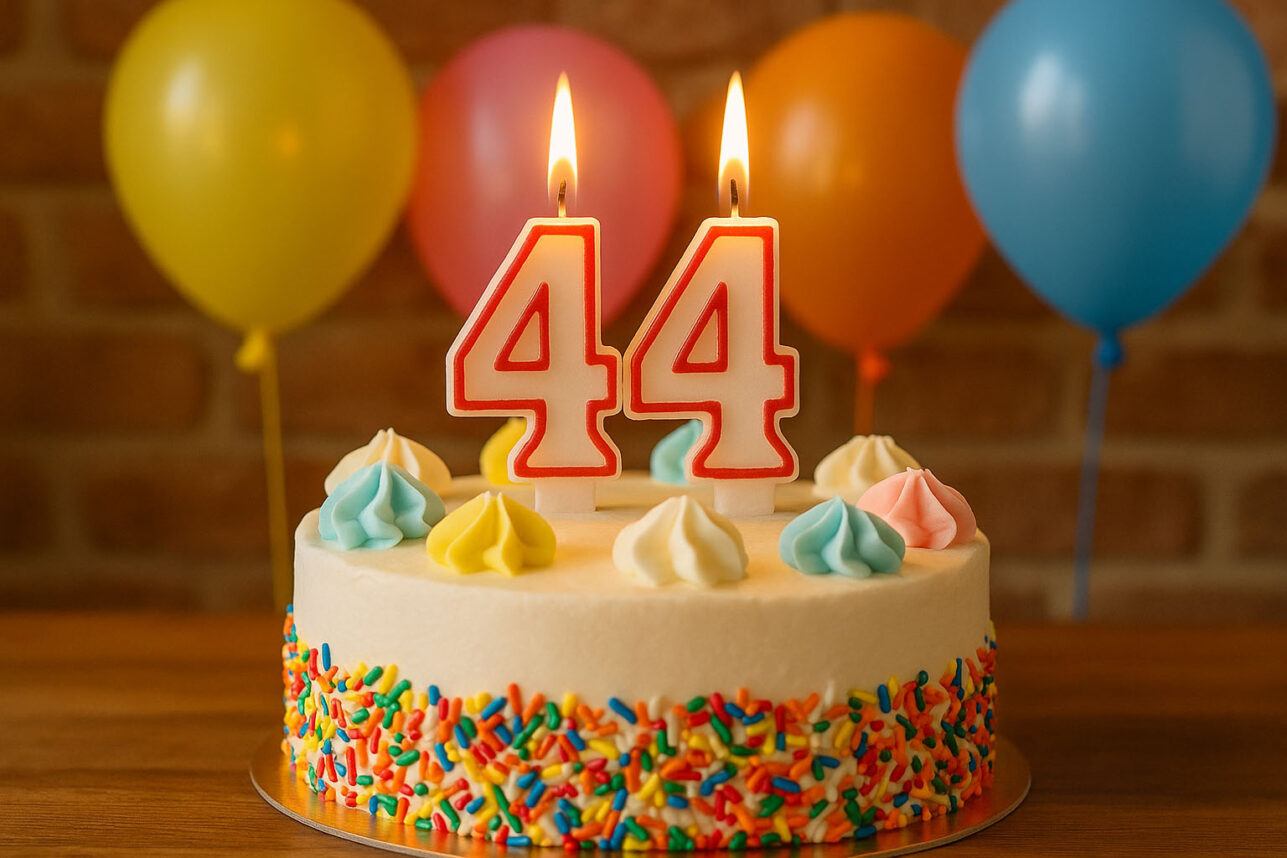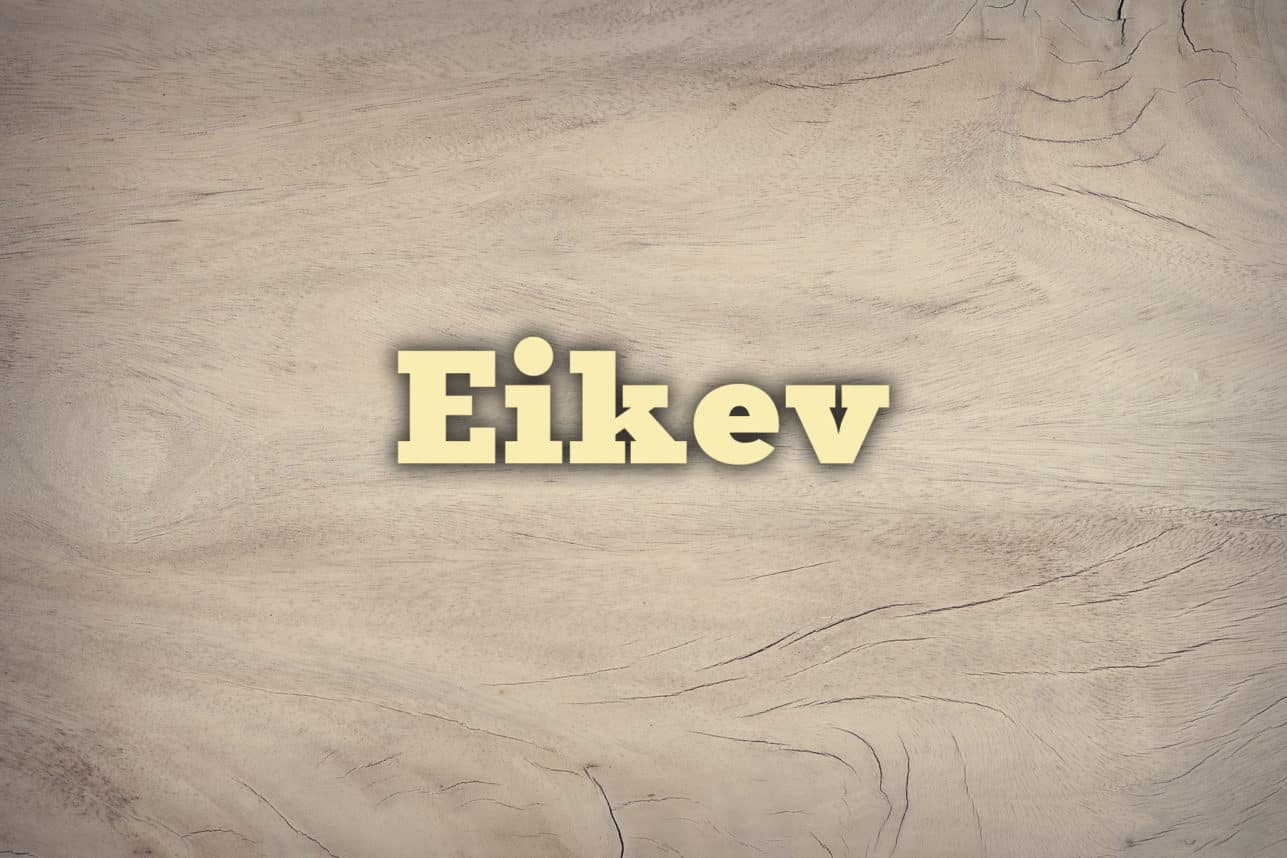
Parshat Balak is strange. Bilaam, a magician, becomes a great prophet. He is hired to curse the Jews, yet despite his best efforts, blesses them instead; and the blessings of this man, a true enemy of the Jews, are the longest in the Torah, even longer than Moshe’s. Bilaam’s blessing immediately looks absurd; right after he is finished praising the Jews, they consort with Midianite women and worship idols, and a plague breaks out.
All this weirdness has a point. An upside-down world, the Talmud explains, is also a world of clarity; you can see everything without preconceptions. And so it is in the topsy-turvy Parsha of Balak. We see clearly that even a Bilaam can achieve greatness if he follows God. Even a blessed people can fail miserably. That the best blessings are unexpected, arriving at random times in random ways.
And then there is a talking donkey.
Bilaam is hired by Balak to curse the Jews. He saddles his donkey and hurries off to Balak. An angel holding a sword appears to Bilaam’s donkey along the way, and three times the donkey veers from the path; and three times, Bilaam beats his donkey. Finally, “the Lord opened the donkey’s mouth.” The donkey then complains to Bilaam about the beatings; after all, he was always a loyal donkey, and even now, is doing what is best for Bilaam. Finally, “the Lord opened Bilaam’s eyes,” and he sees the angel as well.
Medieval rabbis debated whether the talking donkey actually talked. Maimonides and Ralbag argue that Bilaam saw the talking donkey in a prophetic dream; but in reality, no donkey spoke. The world follows its natural order; miracles only occur when absolutely necessary.
Others debate this. Commentaries like Ibn Ezra and Ramban defend the simple reading of the text, noting that there is no shortage of miracles in the Torah.
What is left to be explained is the purpose of the miracle. What is the point of a talking donkey? The Ramban offers that “the reason for this miracle was to show Balaam… that it is God Who opens the mouth of the mute, and…He can mute at His Will the mouth of those who can speak…”
The talking donkey reminds Bilaam that the gift of speech remains in God’s hands.
The Ohr HaChaim sees the talking donkey as a measure-for-measure punishment for Bilaam’s arrogance in front of Balak’s servants. He writes:
And it seems that the entire intent of God in this matter was only to humble the arrogance of this despicable person, because he had previously acted with haughtiness before God….. Therefore, God sought for him a humiliation…Then God opened the donkey’s mouth, and she spoke words of understanding … and she shamed Balaam and humiliated him in front of his attendants and others. And a humiliation carried out in this manner becomes well known, due to its astonishing and unusual nature…
Bilaam may have been a bigwig, but his donkey makes him look completely clueless.
But there is another possibility. The actual audience of the talking donkey is us, the reader; and the talking donkey is here to teach us an important insight.
There is a relationship between animals and their owners, one built on generations of animal husbandry. “The ox knows his owner, and the donkey his owner’s trough.” In return for our care, we expect domestic animals to follow our instructions.
But not Bilaam’s donkey. It decides which direction to go, and takes Bilaam with him. Bilaam is livid, and whips his donkey in a fury. He is a man of influence who hobnobs with kings; how come his own donkey won’t submit to his authority?
Finally, the donkey offers his answer. He was answering to a higher authority: God.
Herein lies the lesson for the reader. Bilaam expects the donkey to follow his lead; that is what animals are supposed to do. In the very same way, God expects Bilaam to follow His lead, because that is what humans are supposed to do.
Throughout the story, Bilaam attempts to manipulate God’s will. Bilaam wants to “lead” God and decide who gets blessed and who gets cursed. Bilaam doesn’t want to serve God; he wants to wield God as a weapon.
Then the donkey talks and declares that, unlike Bilaam, it submits to God’s will. For a moment, Bilaam is the disobedient donkey, while his donkey is the authentic prophet.
Bilaam brings a pagan mindset to his mission. Nechama Leibowitz explains the verse in Hosea (2:18) that says the Jews will no longer call God “baali,” (literally “my Baal”) in the following fashion: One can serve God as if they were serving the idols of Baal. The pagan form of worship is transactional; you bring sacrifices to Baal, and in return, Baal grants your wishes.
The prophets despised Jews who thought God’s goodwill could be bought with a few well-fed lambs. Hosea (6:6) declares: For I desire mercy, not sacrifice, and devotion to God rather than burnt offerings. Pagan deities desire gifts; God desires goodness.
Sadly, those who worship God often make God into a “Baal,” because they are not searching for goodness or truth. They just want God on their side.
This week the IRS announced it would no longer apply the Johnson Amendment to houses of worship. This means that synagogues and churches are entitled to endorse candidates for office.
The news has made waves in the religious world. In New York City, where it is no secret that congregations like ours will vote against Zohran Mamdani, this ruling was met with relief. Finally, we can openly say that we will vote for anyone but Mamdani. But others are worried about the long-term consequences of this rule; will politicians now pressure houses of worship for endorsements and support?
Ultimately, the Johnson Amendment is a governmental policy, one that reflects how our country wants to navigate the separation of church and state. That’s a political issue. And it’s not what I am writing about.
But discussions of the Johnson Amendment remind us how there has been a deep politicization of religion by liberals and conservatives alike. And that is a real concern for those who care about religion.
In the Jewish world, every hot-button issue inspires articles about how the Torah supports one viewpoint or another. Written in the style of a lawyer’s brief, these articles of political-Torah lack nuance and scholarly insight. Undoubtedly, the advocates of politicizing Torah have laudable goals: they want to ensure that the Torah is “relevant” and that we “bring Torah values into the public square”. But in reality, the opposite occurs; the Torah ends up being the footnote to political passions, and all that matters is whether the Torah supports one’s favorite causes.
Bringing religion into politics will ultimately diminish faith. Abraham Lincoln said it best. When told by an aide that “God was on the side of the Union,” Lincoln supposedly responded: “Sir, my concern is not whether God is on our side; my greatest concern is to be on God’s side”.
Lincoln is right. God doesn’t belong to any man, and we should not recruit Him as a political surrogate.
As Bilaam’s donkey reminds us, what truly matters is whether we are on God’s side.
Rabbi Chaim Steinmetz is the Senior Rabbi of Congregation Kehilath Jeshurun in New York.



































